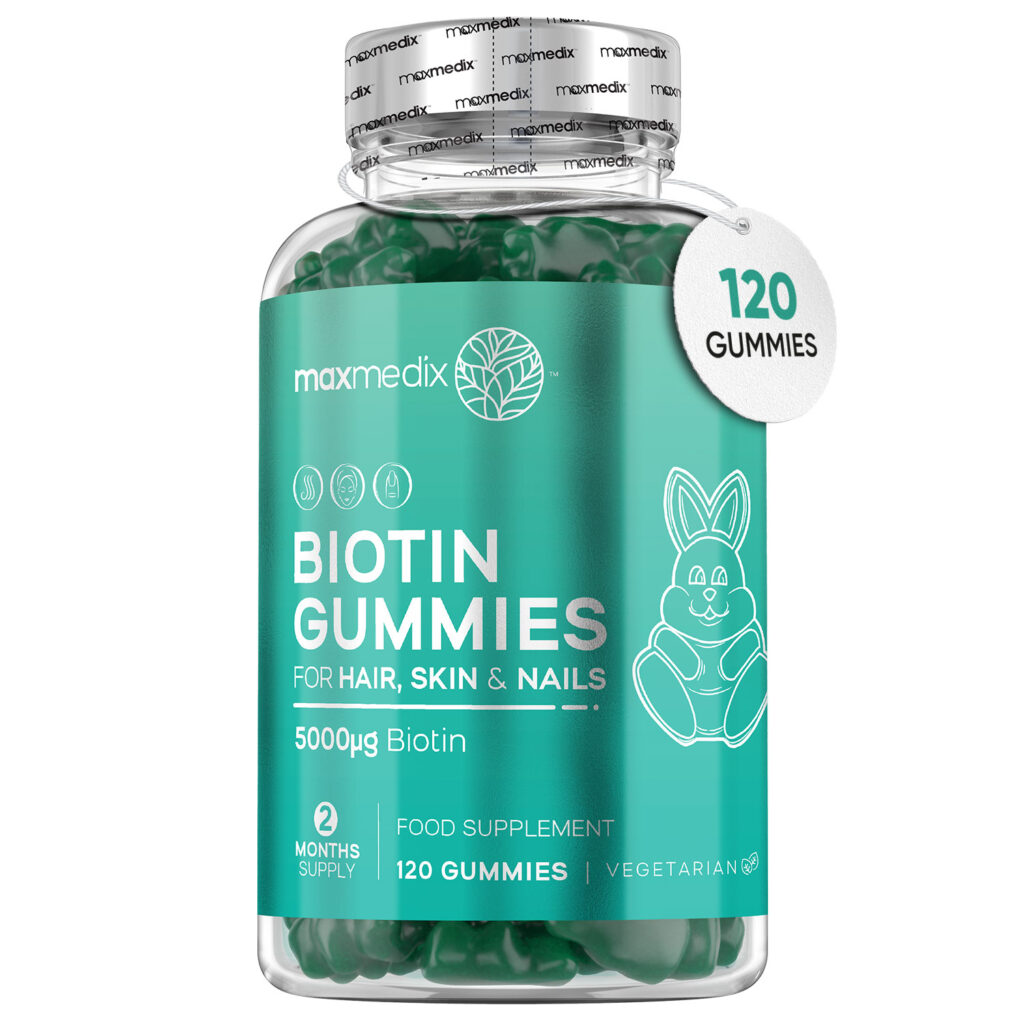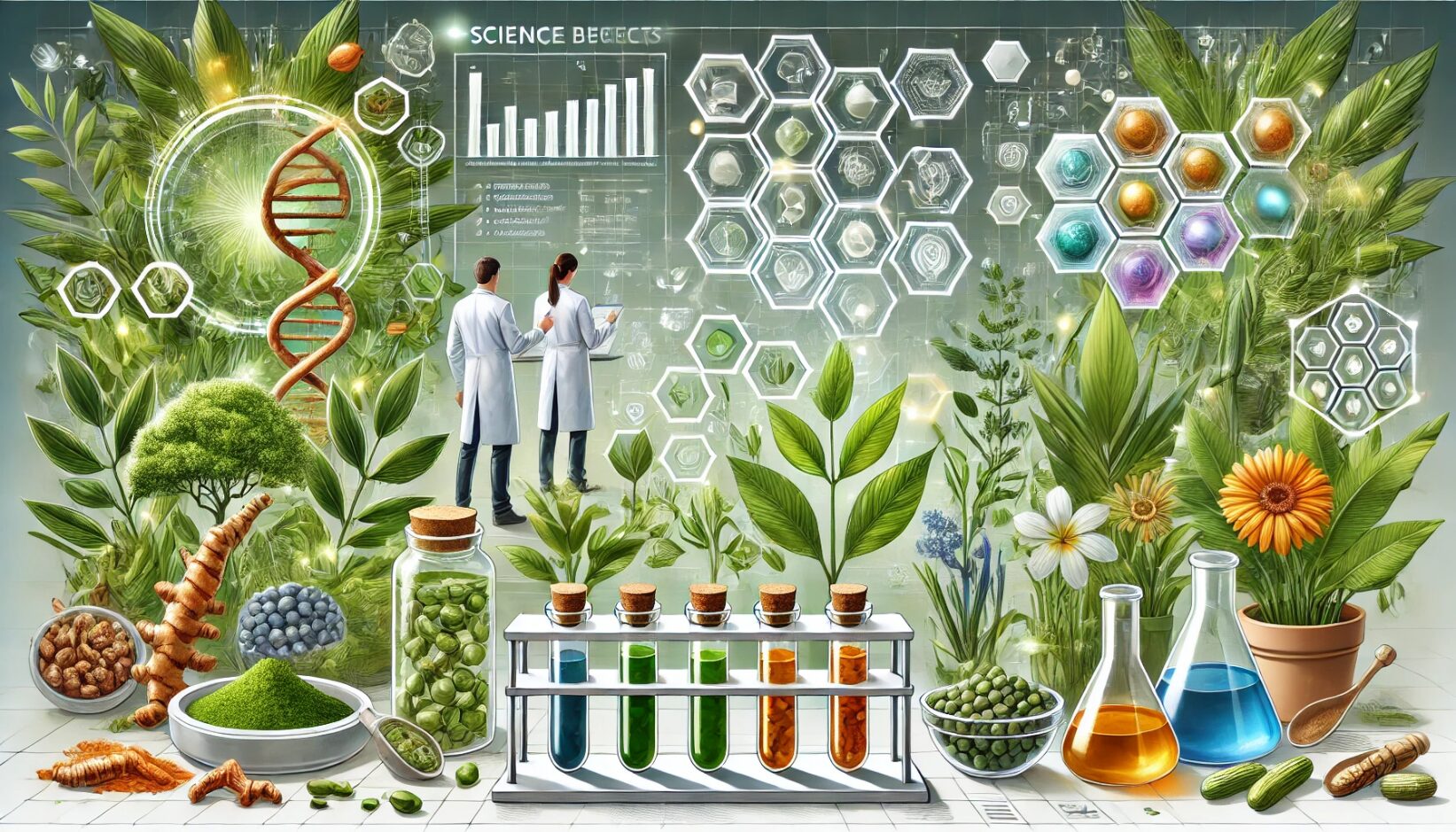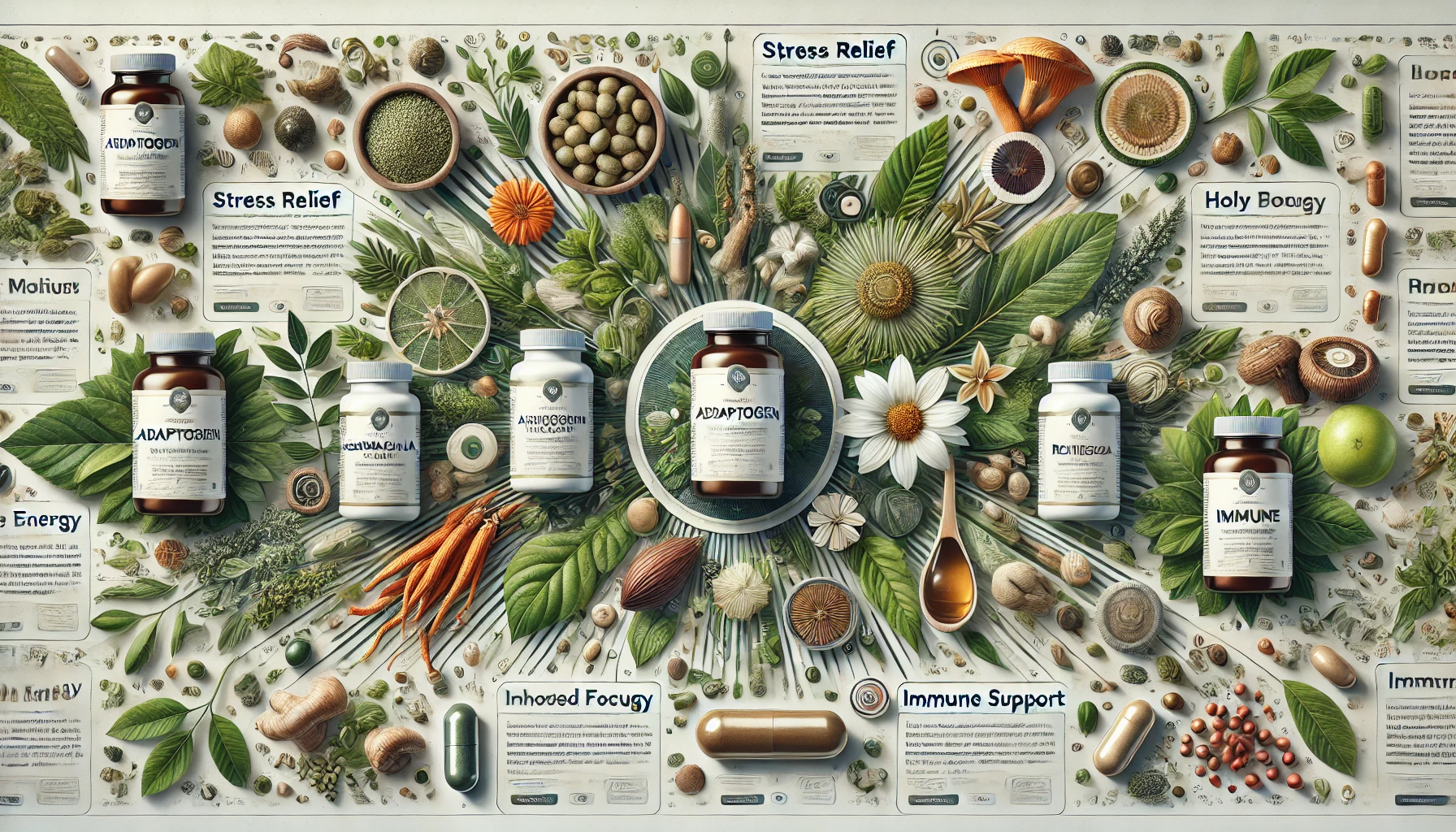

Biotin, also known as vitamin H or B7, is a water-soluble B-vitamin that plays a crucial role in various bodily functions. Here are some of the health benefits associated with biotin:


Promotes Healthy Hair: Biotin is often associated with hair health. It helps strengthen the hair shaft, reduce hair breakage and may promote hair growth. Many hair care products contain biotin for this reason.
Supports Healthy Skin: Biotin contributes to healthy skin by playing a role in the synthesis of fatty acids, which are important for maintaining skin health. Some people take biotin supplements to help improve the appearance of their skin.
Strengthens Nails: Biotin can help improve the thickness and hardness of nails. Brittle nails are a common sign of biotin deficiency and supplementing with biotin can help strengthen them.
Converts Food into Energy: Biotin is involved in the metabolism of carbohydrates, fats and proteins. It acts as a cofactor for several enzymes that play a role in energy production. This makes it essential for overall energy metabolism.
Supports Healthy Nervous System: Biotin is crucial for the proper functioning of the nervous system. It helps in the synthesis of myelin, a fatty substance that covers and protects nerve fibers.
Regulates Blood Sugar: Biotin may play a role in regulating blood sugar levels. Some studies suggest that it can improve glucose utilization, making it potentially helpful for people with diabetes. However, more research is needed in this area.
Pregnancy and Foetal Development: Biotin is important for foetal development and is needed during pregnancy. Adequate biotin is necessary for the healthy growth of the baby. Please consult your Doctor before taking this product.
Aids in Nutrient Absorption: Biotin is involved in the absorption of other B-vitamins and certain minerals in the digestive system, helping the body utilize these nutrients effectively.
Supports Healthy Eyes: Biotin may help maintain healthy vision. Some studies have indicated a potential role in preventing vision issues like macular degeneration, but more research is needed.


It’s important to note that biotin deficiencies are relatively rare because the body requires only small amounts of this vitamin and it is present in many common foods. However, deficiencies can occur and they may result from certain medical conditions, dietary choices, or long-term use of certain medications.





